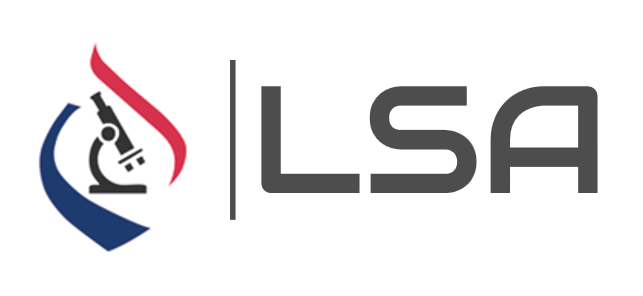COVID-19 Molecular (Swab) Test
This test is collected with three different formats, Nasopharyngeal, Oropharyngeal, and Nasal Specimen Collection. A positive result indicates that viral genetic material is present, but it does not indicate that bacterial or other infections also are present. A negative result indicates that the SARS-CoV2 virus that causes the COVID-19 disease was not found. It is possible to have a very low level of the virus in the body with a negative test result.
This test is needed to identify the presence of the SARS-CoV-2 virus that causes COVID-19 disease.
COVID-19 Antibody (Serology) Test
This is a blood test. It is designed to detect antibodies (immunoglobulins, IgG, and IgM) against the coronavirus that causes the disease called COVID-19. Antibodies are proteins produced by the immune system in response to an infection and are specific to that particular infection. They are found in the liquid part of blood specimens, which is called serum or plasma, depending on the presence of clotting factors.
Having an antibody test is helpful if:
Your health care provider believes you may have been exposed to the coronavirus which causes COVID19 based on your current or previous signs and symptoms (e.g., fever, cough, difficulty breathing).
You live in or have recently traveled to a place where transmission of COVID-19 is known to occur.
You have been in close contact with an individual suspected of or confirmed to have COVID-19.
You have recovered from COVID-19.
COVID-19
PCR Testing
Antibody Testing
Antigen Testing


